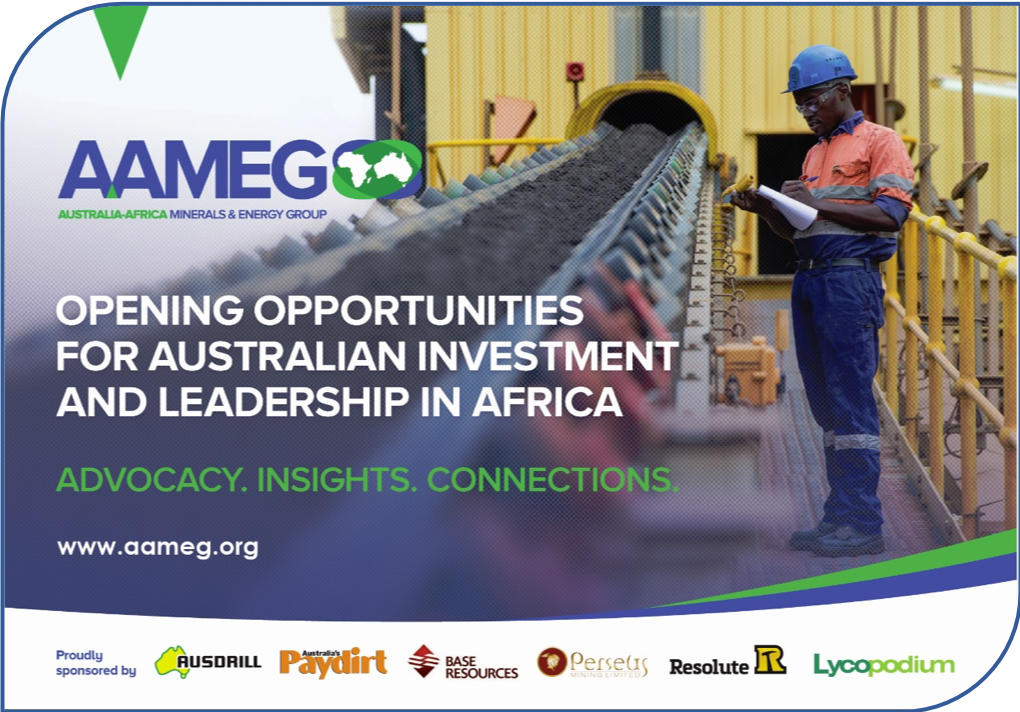With over 100 junior and mid-tier member mining companies actively exploring and successfully operating in Africa’s resource-rich mining sector, the Australia-Africa Minerals & Energy Group (AAMEG) believes that Africa remains ripe with opportunity for those who know how to navigate its political and legislative pitfalls. Speaking about the importance of carefully manoeuvering the challenging African mining landscape, AAMEG CEO William Witham says that “successful are those mining companies that can anticipate, prioritise and mitigate risks and who can see through the haze of misinformation and be able to distinguish turbulence from genuine crisis.” While Africa has always had its challenges, with the last few years being particularly turbulent from a legislative, health, security and geopolitical perspective, African nations need to maintain political stability and security if they are to attract investors to commit capital into their economies.
Stable countries, with clear, long-standing democratic government structures that have the support of its people is important in the long-term. The knock on effect that a stable government structure has on the mining industry is that there is an increased likelihood that the mining agreement that you enter into will last over time – as frequent changes in government may impact on a mining company’s security of tenure. As a result of this, Witham stresses the importance of signing stability agreements and stabilisation provisions in long-term mining agreements, which will enable mining companies to operate under stable fiscal conditions despite changes to government structures. “These agreements, which are in place for a specified duration are often used as an incentive to attract foreign investment, as it protects investors from changes in tax rates and other fiscal variables,” he says.
With 54 countries on the continent, you cannot treat Africa as a whole as there is no one-size-fits all approach to dealing with instability in Africa. In terms of stability on the continent, Witham however does note that some regions have greater stability than others. “In general, many of the Francophone African countries in West Africa have some of the more stable democracies in Africa and have become good investment destinations, while some of the Anglophone countries in East and Southern Africa, such as South Africa, Zambia and Zimbabwe, have undergone many recent changes and are not as attractive as they used to be,” says Witham. In addition to becoming a more attractive investment destination, West Africa also holds many new mineral resource opportunities for AAMEG members, says Witham, noting that there has been strong interest in from Australian explorers and service companies in Burkina Faso, Cote D’Ivoire, Guinea and Senegal.




